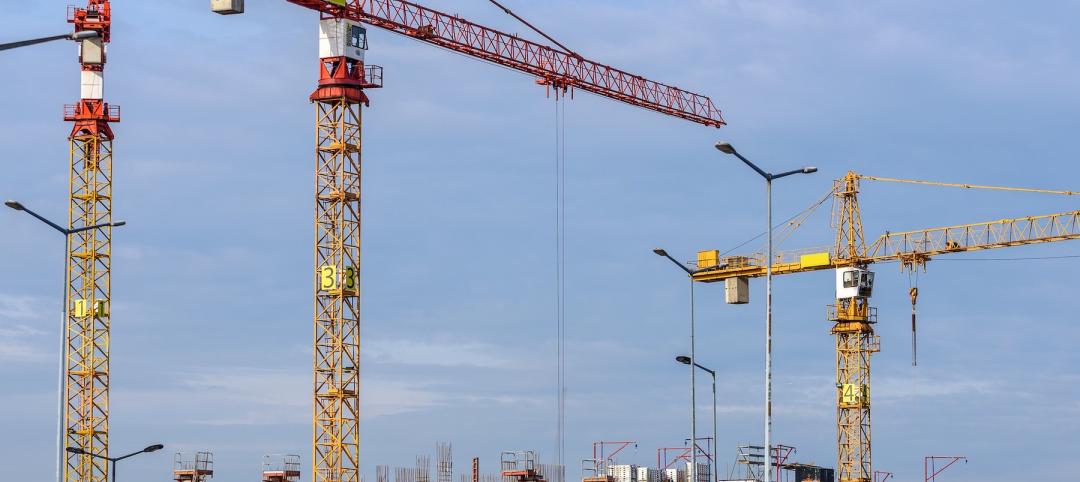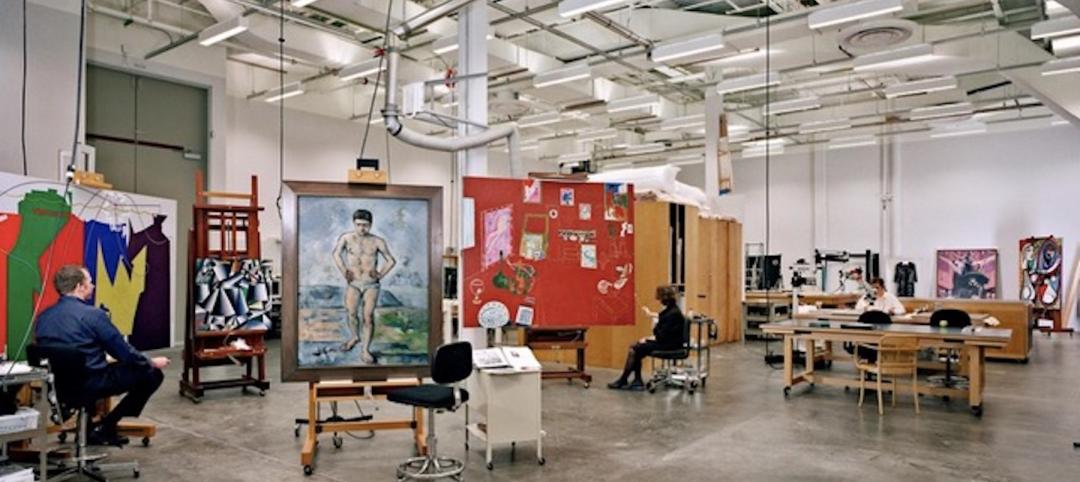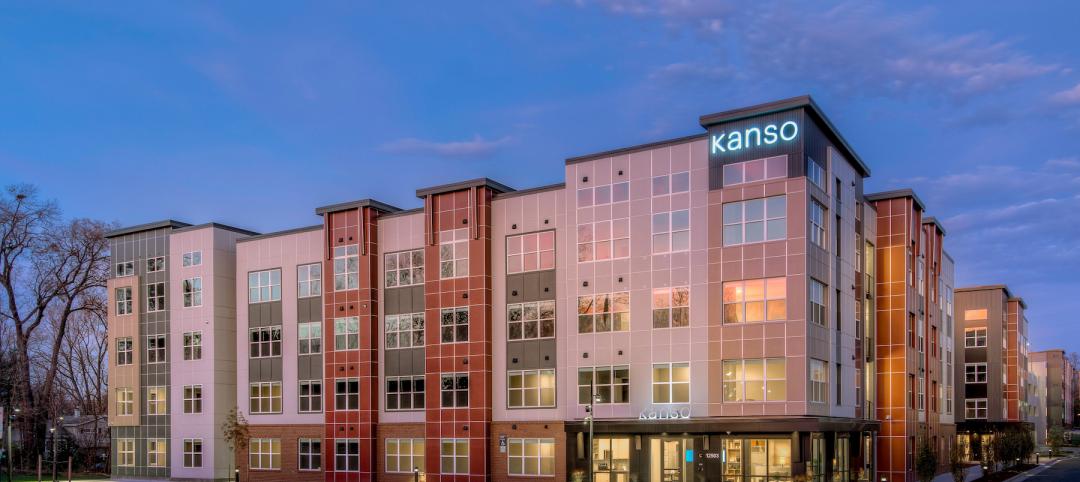Our Healthcare Program Solutions team spends much of its time representing owners as they work their way through the execution of major capital programs. Many of our team members have spent time not only on the consulting side of the owner’s team but have worked for some of the clients we serve. In order to deliver superior outcomes to our healthcare clients, we have to know what our clients want. To do this, we spend time communicating with owners and listening to their thoughts on firms and people they hire for support. Based on that feedback, we offer the following three thoughts about what we believe our clients want—for us to collaborate, listen, and understand.
Collaborate
Most owners we partner with want teams that work effectively together to solve problems. As the primary holder of risk on any given project, owners realize there is a cost associated with poor teamwork and constant conflict. Owners do not expect perfection, but they do expect teams to find solutions to the problems we uncover (or create). They want us to learn from difficult situations and not repeat them. Certainly, the typical contract structure is at times an impediment to this way of thinking given that each firm is legally incentivized to protect themselves. With that said, we would argue that teams working together to solve problems, focusing on the greater good of the project, ultimately reduce the risk to their individual firms. In our experience, project teams exhibiting this type of behavior find themselves completing projects that meet their client’s needs.
Listen
Perhaps the most common complaint we hear from our clients is that team members are not listening to what they have to say. It’s virtually impossible to receive high performance marks from the client if you aren’t seen a good listener. One of my favorite quotes by Gene Buckley states, “Don’t try to tell the customer what he wants. If you want to be smart, be smart in the shower. Then get out, go to work and serve the customer!” Practice these simple tasks;
- Don’t interrupt when the client is talking
- Don’t inject yourself into their narrative of the problems they need your help to solve
- Just listen, quietly and intently
- Ask questions to clarify issues so your team has a clear understanding of what they’re being asked to do
- Thoughtfully bring back options and potential solutions
- Listen again, and again
Understand
Healthcare in the United States is complex and fraught with uncertainty. It often seems like the burden of navigating the rules of operating successfully are left to the clients we serve. In our experience, healthcare owners value service providers who understand the world the owner lives in—one who can think about how (or if) we can leverage the design and construction process to address some of these problems. These challenges may not always be conducive to a strict design and construction schedule. A simple example is using major capital projects to help maintain or even improve physician relationships. These key constituents have unique needs and, like all of us, want to be heard and listened to. Find the time and the way to do this. Involve them in your process and go out of your way to accommodate their daily schedule and be responsive to their thoughts.
Conclusion
Spend time considering the issues your client faces. Then, spend time considering how your area of expertise can be leveraged to address and overcome those challenges. Be flexible and willing to do whatever it takes to make the client successful. We have to partner together, no matter what side of the table you sit on.
As always, we welcome your thoughts and ideas on how we can together provide better service to our clients.
Related Stories
Reconstruction & Renovation | Mar 28, 2022
Is your firm a reconstruction sector giant?
Is your firm active in the U.S. building reconstruction, renovation, historic preservation, and adaptive reuse markets? We invite you to participate in BD+C's inaugural Reconstruction Market Research Report.
Industry Research | Mar 28, 2022
ABC Construction Backlog Indicator unchanged in February
Associated Builders and Contractors reported today that its Construction Backlog Indicator remained unchanged at 8.0 months in February, according to an ABC member survey conducted Feb. 21 to March 8.
Industry Research | Mar 23, 2022
Architecture Billings Index (ABI) shows the demand for design service continues to grow
Demand for design services in February grew slightly since January, according to a new report today from The American Institute of Architects (AIA).
Industry Research | Mar 17, 2022
Construction input prices rise 2.6% in February, says ABC
Construction input prices increased 2.6% in February compared to the previous month, according to an Associated Builders and Contractors analysis of the U.S. Bureau of Labor Statistics’ Producer Price Index data released today
Museums | Mar 16, 2022
Unpacking the secrets to good museum storage
Museum leaders should focus as much design attention on the archives as the galleries themselves, according to a new white paper by Erin Flynn and Bruce Davis, architects and museum experts with the firm Cooper Robertson.
Codes and Standards | Mar 10, 2022
HOK offers guidance for reducing operational and embodied carbon in labs
Global design firm HOK has released research providing lab owners and developers guidance for reducing operational and embodied carbon to meet net zero goals.
Industry Research | Mar 9, 2022
Survey reveals five ways COVID-19 changed Americans’ impressions of public restrooms and facilities
Upon entering the third year of the pandemic, Americans are not only more sensitive to germs in public restrooms, they now hold higher standards for the cleanliness, condition and technology used in these shared spaces, according to the annual Healthy Handwashing Survey™ from Bradley Corporation conducted in January.
Codes and Standards | Mar 7, 2022
Late payments in the construction industry rose in 2021
Last year was a tough one for contractors when it comes to getting paid on time.
Multifamily Housing | Mar 4, 2022
221,000 renters identify what they want in multifamily housing, post-Covid-19
Fresh data from the 2022 NMHC/Grace Hill Renter Preferences Survey shows how remote work is impacting renters' wants and needs in apartment developments.
Codes and Standards | Mar 4, 2022
Construction industry faces a 650,000 worker shortfall in 2022
The U.S. construction industry must hire an additional 650,000 workers in 2022 to meet the expected demand for labor, according to a model developed by Associated Builders and Contractors.

















